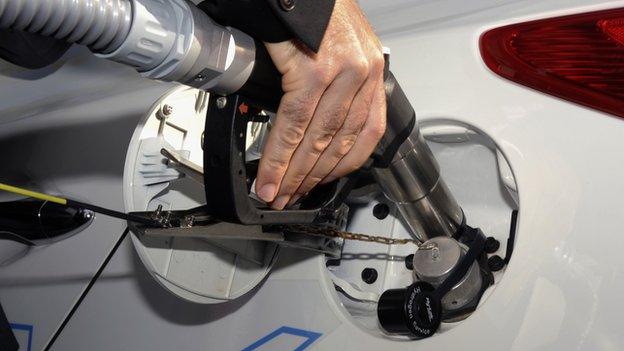Ellesmere Port hydrogen energy plant plans approved
- Published
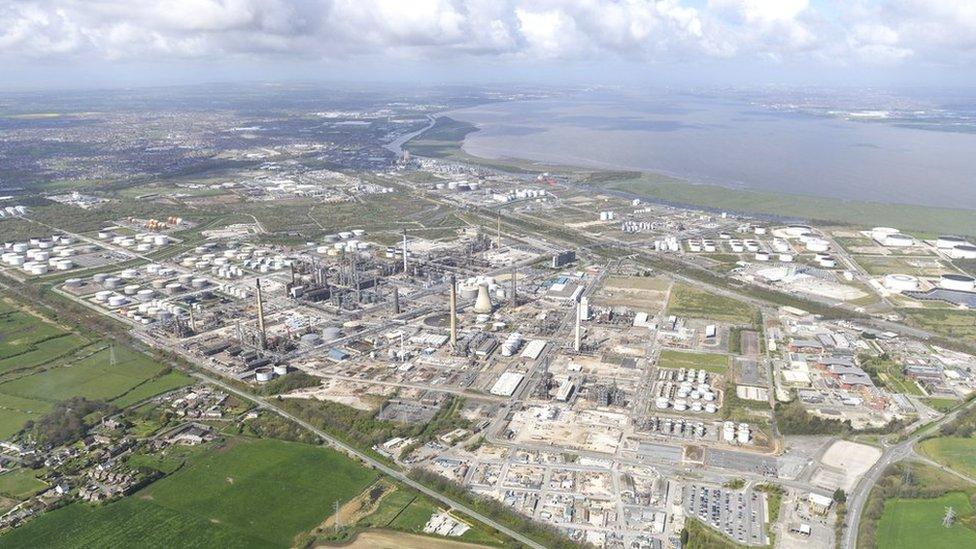
Under the plans, low carbon hydrogen will be produced at the site by 2027
An energy firm is set to build a large-scale low hydrogen production plant after planning chiefs approved it - despite questions about its green credentials.
A subsidiary of Essar Oil plans to build HyNet's new hub at the Stanlow Manufacturing Complex in Ellesmere Port, Cheshire.
Cheshire West and Chester Council planning committee gave the project the green light at a meeting on Tuesday.
The firm said it was "delighted".
Project manager Richard Holden said the facility would produce enough carbon to power a city the size of Liverpool.
"In doing so we will capture over two million tonnes a year of carbon dioxide which is the equivalent of taking one million cars off UK roads," he said.
The proposals include the demolition of structures on the Stanlow oil refinery.
However, questions were raised in the meeting over the technology's green credentials, the Local Democracy Reporting Service said.
While hydrogen itself is considered a clean fuel, the process of making it usable also requires energy.
This energy can either use renewable sources like wind, water or solar, known as green hydrogen, or natural gas, with the resulting carbon emissions captured and stored underground, known as blue hydrogen.
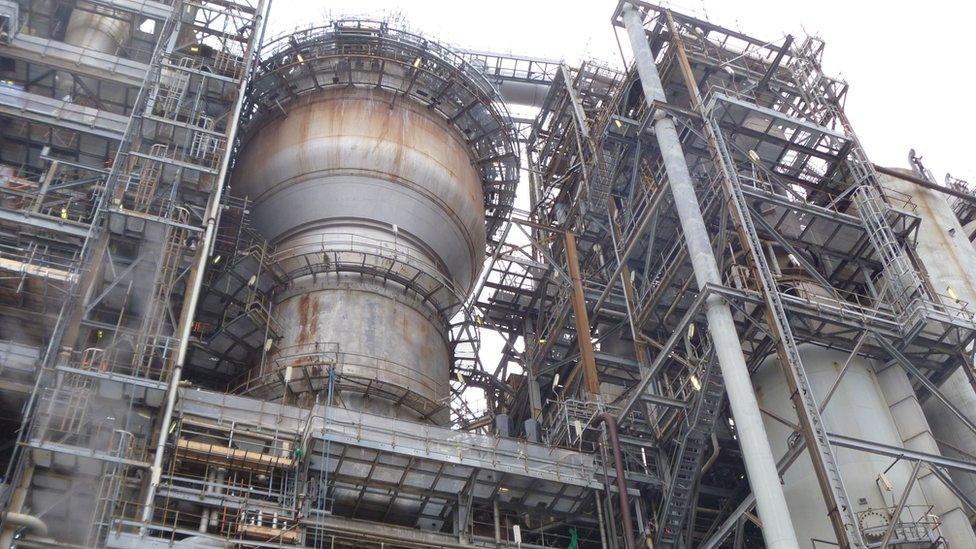
Essar Oil said the plans for the Stanlow Manufacturing Complex will create of new jobs
Councillor John Roach said he believed the application should be refused as it would hinder the government's pledge to be net zero by 2050.
He said many experts regard blue hydrogen production as a "dirty technology" and "offers no solution to the climate crisis".
HyNet project director David Parkin said the facility owned by Essar Energy Transition Hydrogen will be "the UK's first large scale, low carbon hydrogen production facility, placing the North West region at the forefront of the UK's journey towards net zero carbon emissions".
He said it would also create new jobs, protect existing roles and attract investment.
Under the plans, low carbon hydrogen will be produced at the site by 2027.

Why not follow BBC North West on Facebook, external, X, external and Instagram, external? You can also send story ideas to northwest.newsonline@bbc.co.uk
Related topics
- Published1 December 2022
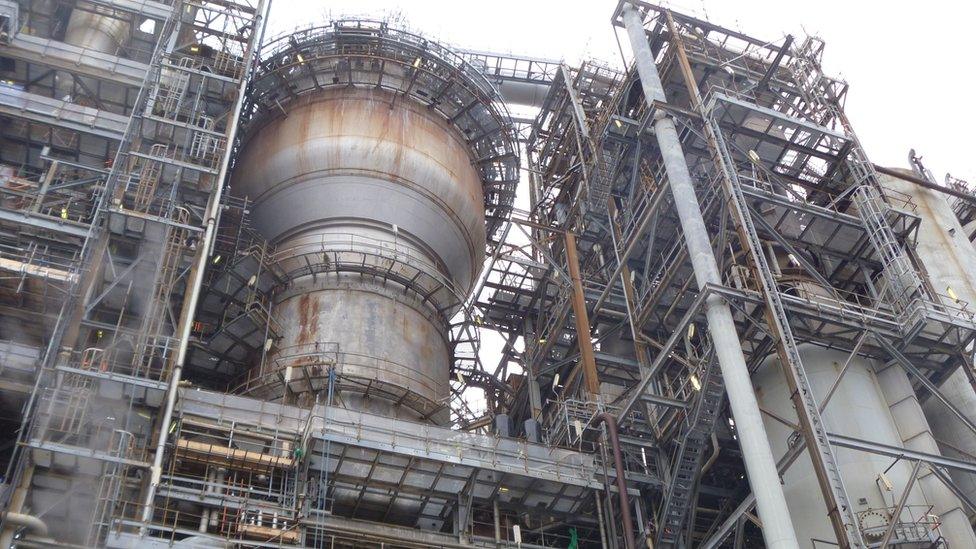
- Published15 February 2021
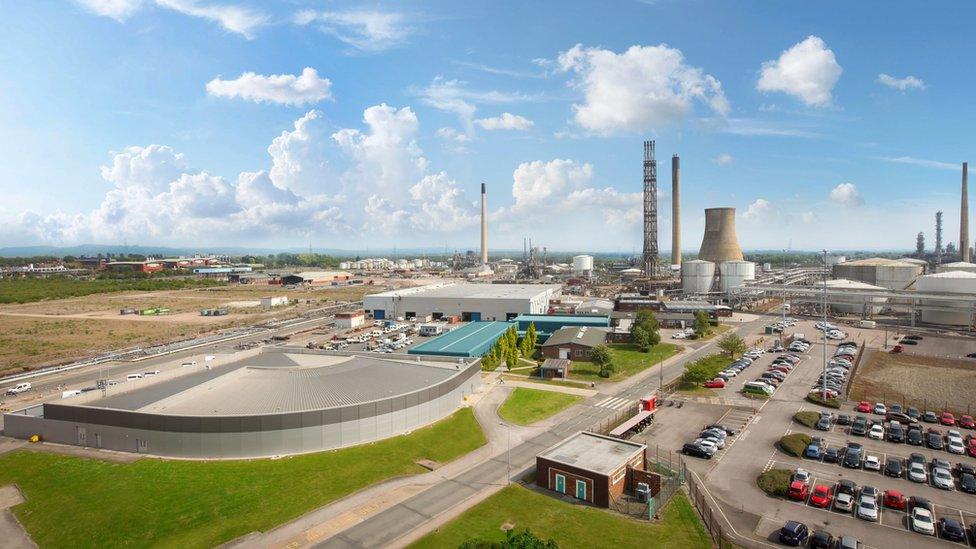
- Published8 August 2023
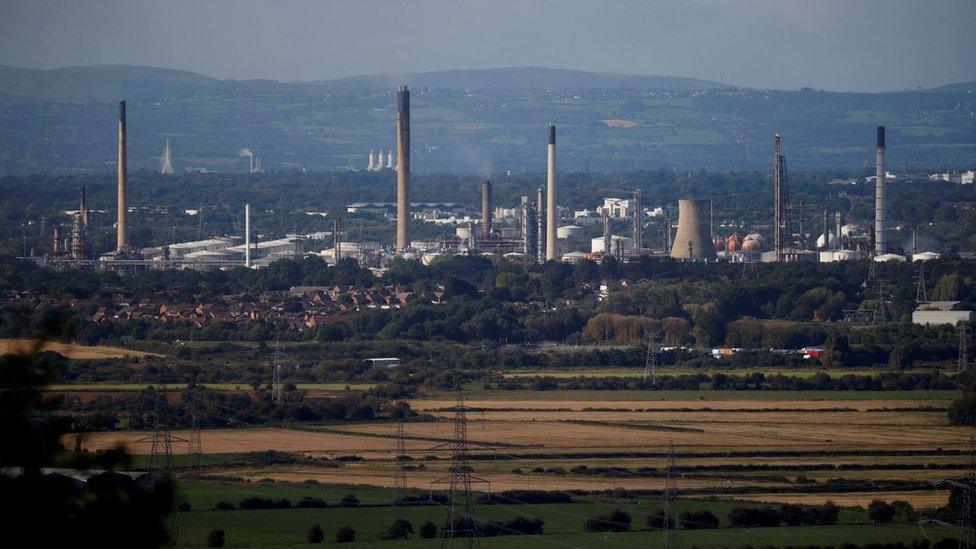
- Published3 May 2024
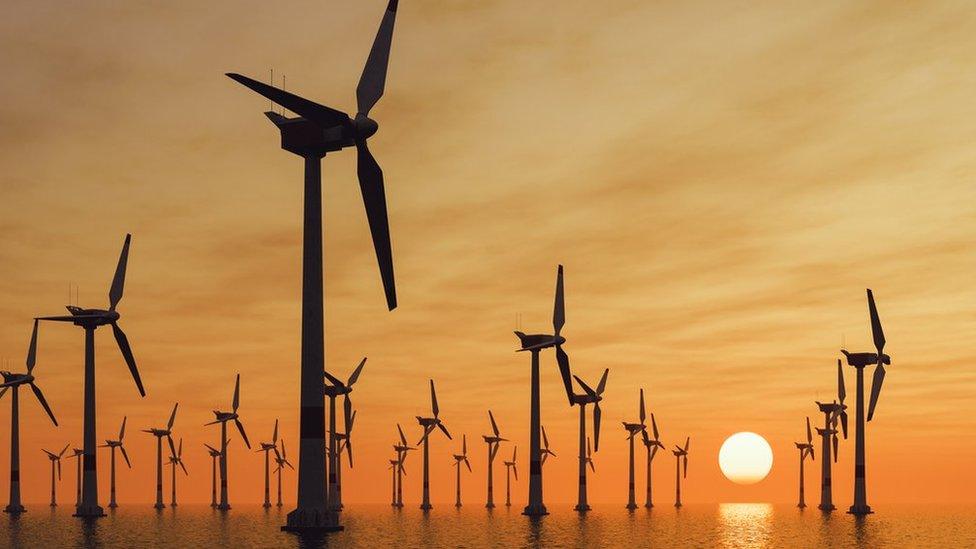
- Published9 June 2015
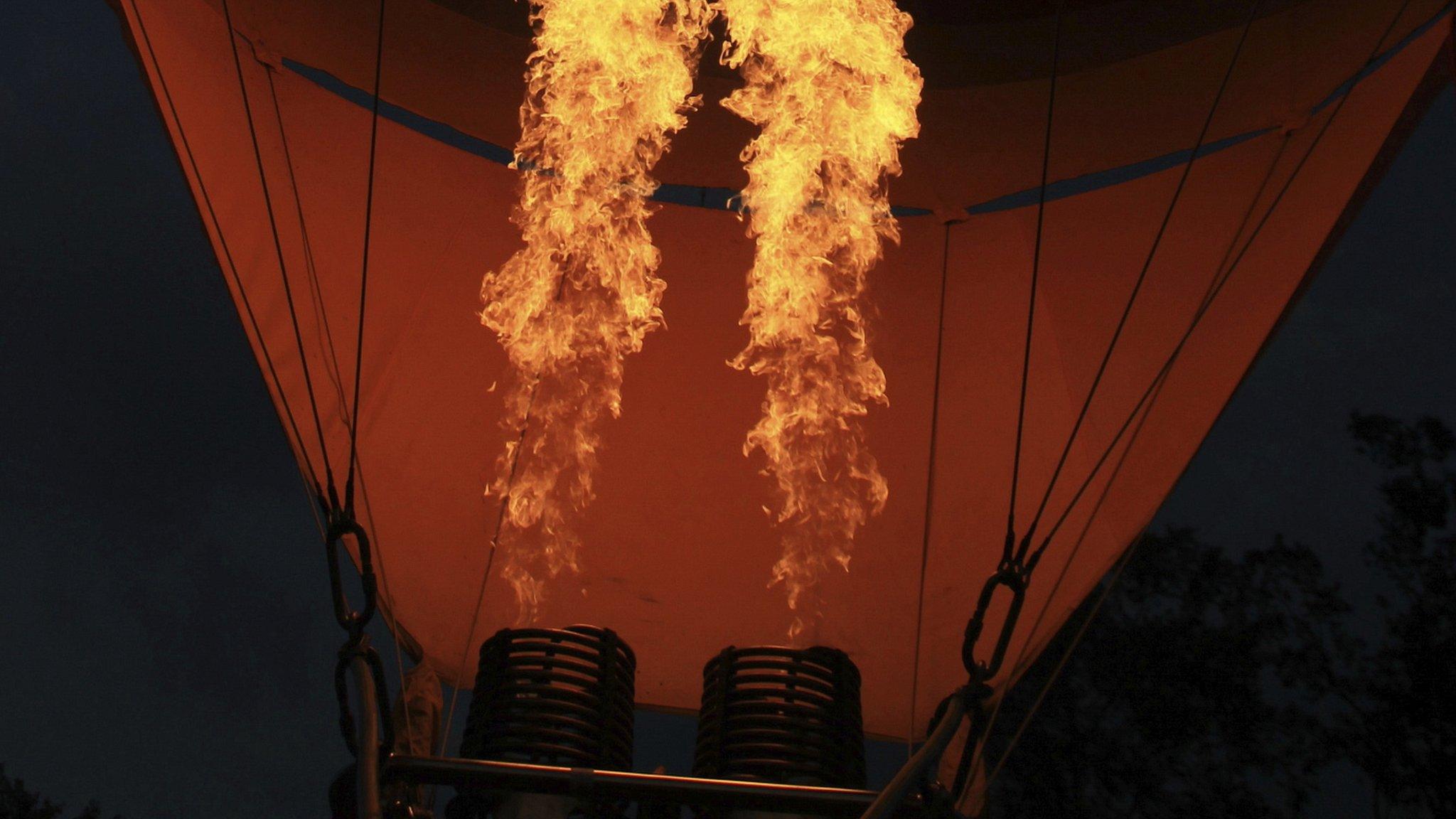
- Published26 March 2015
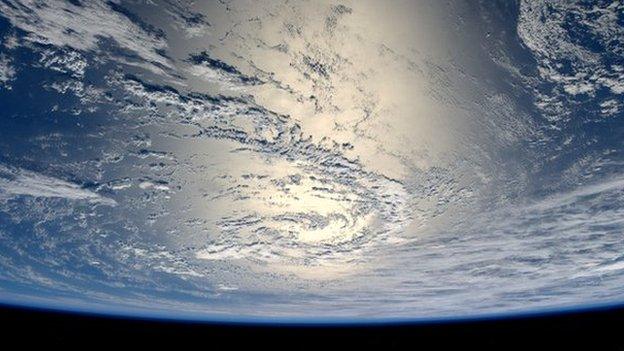
- Published28 February 2013
